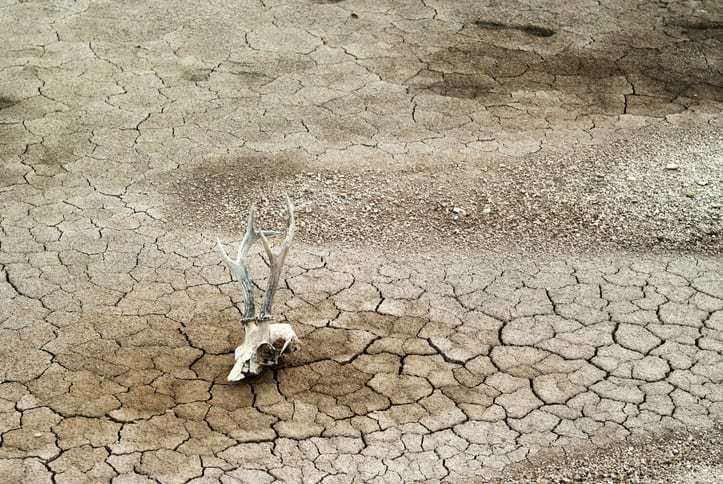The world’s leading scientists are warning that ‘transformative changes’ are needed to restore and protect the world’s natural ecosystems, and that the current global response to the biodiversity crisis is insufficient.
In its final report on the state of nature adopted today, the Intergovernmental Science-Policy Platform on Biodiversity and Ecosystem Services (IPBES) – biodiversity’s equivalent of the IPCC climate panel – warned that the current rate of global nature decline is unprecedented in human history.
The evidence is ‘irrefutable’
According to the scientists, 1 million species are currently threatened with extinction and nature loss is accelerating, with likely serious impacts on people around the world.
‘The scientific evidence is irrefutable: we are facing an ecological emergency, and the risks of climate change and nature loss for humanity are serious. Governments can no longer turn a blind eye, and this report must prompt our leaders into urgent and courageous political action
‘Healthy ecosystems are the foundation of our societies, our economies, our food production, our health – and yet, we are destroying them at an alarming rate. With our lifestyles and levels of consumptions, we are robbing future generations of their livelihoods, and they will hold us to account for our failure to act.”
ESTER ASIN
Director of the WWF European policy office
A human extinction crisis
The 1,800-page scientific study is the first comprehensive snapshot of the state of the world’s biodiversity since 2005, with evidence provided by 400 of the world’s leading experts from across 50 countries.
It paints an alarming picture of species extinctions, wildlife population declines, habitat loss and depletion of ecosystem services crucial for our sustenance and economic development.
‘We are facing a human extinction crisis. The IPBES assessment is another stark reminder that the time to act is now. We must work together to pushback against the fossil fuel industry fuelling the climate crisis and for long lasting and meaningful change.
‘Time is tight but working together across the globe, we can do it. As 1.6 million school strikers on the streets in March have shown, rising to such a major emergency unleashes a powerful sense of common purpose. Right now our collective futures depends on us being able to seize this moment and work together to pushback against the fossil fuel industry fuelling the climate crisis and for long lasting and meaningful change.’
HODA BARAKA
Global communications director at 350.org
Human impact on nature
As per the findings of the IPBES report, human actions have significantly altered nature across the globe.
Three-quarters of the land-based environment and about 66% of the marine environment have been significantly altered.
More than a third of the world’s land surface and nearly 75% of freshwater resources are now devoted to crop or livestock production. Around 1 million animal and plant species are now threatened with extinction, many within decades. This is more than ever before in human history.
 Play Video about This Rock Might Just Save The World
Play Video about This Rock Might Just Save The World Play Video about Play 2 hours of rock
Play Video about Play 2 hours of rock Play Video about Play 2 hours of brook
Play Video about Play 2 hours of brook Play Video about Play 2 hours of sheep
Play Video about Play 2 hours of sheep











































